Stop Playing the Comparison Game (It’s Costing You More Than You Think)
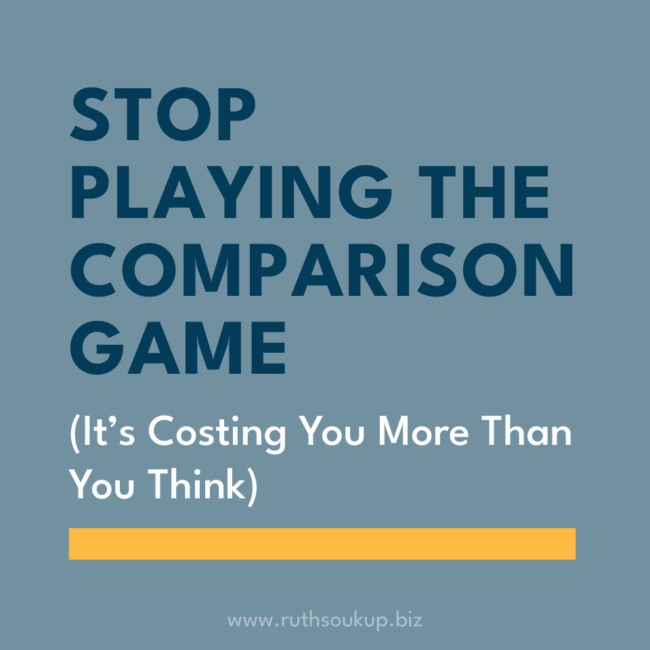
The Silent CEO Killer That No One Talks About
You’re smart. You’re capable. You’ve already hit 5 or even 6 figures.
But if you’re honest with yourself for just a second—you’re stuck.
And if you dig even deeper, you know exactly why.
It’s not because you’re lazy. It’s not because your funnel is fundamentally broken. It’s not even because you’re missing some “secret strategy” all the successful people have.

You’re Not Meant to Scramble for Sales
There’s a difference between having a business… and having a business that actually supports your life.
The Daily Sales Incubator is where entrepreneurs step into the next level—where sales become consistent, confidence returns, and momentum finally sticks.
Every conversation moves your business forward.
Every action builds trust.
Every day brings in revenue.
If you know you’re meant for more, this is your next step.
It’s because you’re wasting precious mental energy comparing your messy middle to someone else’s perfectly curated highlight reel.
And while you’re scrolling through her stories wondering why she’s growing faster, analyzing why his launch did better, or questioning whether your offer is “good enough” compared to theirs—you’re losing the one thing you can’t afford to lose at this stage in your business:
Momentum.
If you’re serious about scaling to 7 figures and beyond, you have to kill the comparison habit. Not just for your sanity—though that’s important too. But for your bottom line. For your future. For the business you’re actually trying to build.
My $100K Mistake (And the Lesson That Nearly Broke Me)
Let me tell you about one of the most expensive mistakes I’ve ever made—and trust me, I’ve made plenty.
A few years ago, my business looked wildly successful on paper. Living Well Spending Less was thriving. Elite Blog Academy had grown into a multimillion-dollar program. We had a big team, big launches, and big goals.
But inside? I was spiraling.
Everywhere I looked, other online entrepreneurs were pivoting into high-ticket masterminds and live events. Amy Porterfield. Marie Forleo. Jenna Kutcher. Their Instagram Stories were filled with celebration dinners, perfectly styled team retreats, and seven-figure launch recaps.
And I started wondering… Should I be doing that too?
I ignored the fact that our evergreen funnel was already working. That our audience was happy. That we were profitable. I convinced myself I was missing something.
So I did what too many smart business owners do in a moment of insecurity:
I pivoted.
I hired new team members.
I started building a brand-new offer from scratch.
I invested in tech, branding, onboarding systems—the works.
And here’s the truth: it flopped.
Not because the offer was bad. It was actually solid. But it wasn’t aligned. It wasn’t what my audience needed. And it wasn’t what I needed to be building.
That pivot cost us way more than money.
It cost us time.
It drained our energy.
And worst of all? It killed our momentum.
Because when you stop trusting what’s working and start chasing someone else’s path, you lose your own.
The Hidden Tax You’re Paying Every Day
Here’s what I learned the hard way (and what I see happening to every entrepreneur trapped in comparison mode):
Comparison isn’t just a confidence issue—it’s a systems issue.
When you live in comparison mode, you’re essentially paying a tax on every decision you make. That tax comes in the form of:
Scattered Focus: Instead of optimizing the funnel you have, you’re constantly wondering if you should try the funnel format you saw working for someone else.
Pivot Paralysis: You change direction every time you see someone else succeed with a different strategy, never giving your own approach time to compound.
Energy Drain: Mental energy spent analyzing what others are doing is energy not spent improving what you’re doing.
Fractured Authority: When you constantly change strategies, your audience stops trusting that you know where you’re going.
Investment Waste: Every time you shift focus based on what others are doing, you abandon investments (time, money, resources) in what was already starting to work.
I can’t tell you how many entrepreneurs I’ve seen derail their own momentum by chasing someone else’s business model.
One minute they’re on track with a profitable offer and a funnel that’s working. The next? They’re scrapping it all to try the latest thing they saw on Instagram—a challenge launch, a group program, a brand-new signature offer—because someone else made it look successful.
And here’s the brutal truth:
Every time you shift focus because of comparison, you reset your momentum to zero.
You confuse your audience. You dilute your messaging. You waste time fixing what wasn’t actually broken.
You can’t scale if you’re constantly starting over.
The Neuroscience of Why We Compare (And Why It’s Sabotaging You)
Before we talk about how to fix this, let’s understand why comparison is such a powerful force.
Your brain was literally designed to compare. It’s a survival mechanism—our ancestors needed to constantly assess whether they were keeping up with the tribe or falling behind. The problem is, this ancient wiring wasn’t designed for the modern entrepreneurial landscape where everyone’s highlight reel is on constant display.
When you see someone else’s success, your brain automatically tries to fill in the gaps:
- “They must have something I don’t have”
- “They must know something I don’t know”
- “I must be doing something wrong”
But here’s the thing—you’re comparing your behind-the-scenes to their highlight reel. You’re comparing your Chapter 3 to their Chapter 30. You’re comparing your messy first attempt to their polished tenth iteration.
This comparison loop literally rewires your brain for anxiety and second-guessing instead of strategic thinking and confident action.
The Comparison Detox: Your 3-Step Recovery Plan
Ready to break free from the comparison trap and reclaim your CEO brain? Here’s your roadmap:
Step 1: Cleanse Your Mental Diet (No More Junk Input)
Just like you wouldn’t fuel your body with junk food if you wanted peak physical performance, you can’t fuel your brain with junk information if you want peak business performance.
Your brain absorbs and mimics what it constantly sees. If you’re constantly consuming everyone else’s wins, launches, and success stories, you will unconsciously start second-guessing your own strategic path.
Here’s your comparison detox plan:
Social Media Audit: Go through your Instagram, LinkedIn, and Facebook feeds. Unfollow or mute any account that consistently triggers comparison spirals—even if they’re well-known “industry leaders.” If seeing their content makes you question your own path, they’ve got to go.
Time Boundaries: Implement strict social media time limits. No checking socials during your power hours (those 2-3 hours when you do your best strategic work). I personally don’t check Instagram until after lunch—those morning hours are too valuable to waste on other people’s highlight reels.
Strategic Curation: Only follow people who align with where you’re headed, not those who make you doubt where you are. This might mean following fewer “online business guru” accounts and more accounts that inspire strategic thinking in your specific niche.
News Fasting: Stop consuming business news about everyone else’s funding rounds, acquisitions, and explosive growth. These stories are designed to trigger FOMO, not strategic thinking.
I’ve seen time and time again how small boundaries around social media can create massive shifts in focus and clarity. Whether it’s setting a “no scrolling before noon” rule or unfollowing accounts that trigger comparison, removing digital noise creates space to think strategically—and that alone can double your productivity.
Step 2: Recommit to Your Strategic North Star
Scaling isn’t about doing more things. It’s about doing the right things consistently until they compound into something powerful.
When you’re clear on your strategic path, comparison loses its power because you know exactly why you’re doing what you’re doing.
Ask yourself these centering questions:
What is my core offer that already converts? Don’t focus on what you could create—focus on what’s already working. What are people already buying from you? What transformation are you already delivering successfully?
Who is my ideal client that I serve better than anyone else? Get specific. Not “women entrepreneurs” but “time-strapped course creators making $75K-$250K who are burning out from constant launching.”
What is the one transformation I deliver better than anyone else in my space? This is your unique value proposition. Not what you could offer, but what you already excel at delivering.
What does my ideal day look like in this business? Are you building toward more freedom or more complexity? More systems or more manual processes?
Once you have crystal clarity on these answers, every decision becomes easier. When you see someone else’s strategy, you can quickly assess: “Is this aligned with my path or not?” If not, keep scrolling.
Strategic clarity isn’t just helpful at 6 figures—it’s survival. Without it, you’re just chasing the next shiny object until you burn out or run out of money.
Step 3: Reprogram Your Success Operating System
Here’s the uncomfortable truth: Comparison isn’t just an external problem. It’s a neural pattern you’ve reinforced for years.
You’ve trained your brain to equate success with “keeping up.” Now you have to retrain it to believe that success equals “staying planted” in your own strategic lane.
This isn’t just mindset work—this is neuroplasticity in action. You’re literally rewiring your brain for success.
Create New Success Mantras:
- “I scale faster when I stay in my lane”
- “My timeline is strategic, not reactive”
- “Depth beats breadth at this stage of my business”
- “Comparison is expensive; clarity compounds”
Implement Daily Affirmation Anchors: Write these mantras somewhere you’ll see them daily. Put them in your phone notes. Tape them to your laptop. Say them during your morning coffee.
Develop a Comparison Circuit Breaker: When you catch yourself spiraling, have a ready response: “That’s interesting for them, but not relevant for me right now.” Then immediately redirect to one specific action you can take to improve your own business.
The Compound Effect of Staying in Your Lane
When you finally stop chasing and start committing, everything changes:
Your messaging sharpens because you’re no longer trying to be for everyone.
Your funnels start converting because they’re aligned with your path—not someone else’s.
Your team can finally support you because the vision isn’t shifting every two weeks.
Your systems gain traction because you’re building on solid ground, not starting over every month.
And your expertise deepens—because you’re solving the same core problem better and better, instead of dabbling across disconnected ideas.
I’ve seen this shift happen again and again: not because someone found a secret strategy, but because they made the decision to stay the course.
Not harder. Not louder. Just consistent, strategic commitment. That’s what builds real momentum.
The Real Competition (Hint: It’s Not Other Business Owners)
Here’s a perspective shift that changed everything for me:
Your real competition isn’t other entrepreneurs. It’s your own inconsistency.
Every time you pivot based on what someone else is doing, you’re competing against your own progress. Every time you abandon a strategy that was starting to work because you saw something shinier, you’re sabotaging your own success.
The entrepreneurs who scale aren’t the ones doing something brand new. They’re the ones doing something simple, consistently, better than anyone else.
Systems Create Freedom, Comparison Creates Chaos
After 15 years of building businesses online, after generating over $25 million in revenue across multiple brands, after mentoring thousands of entrepreneurs, I can tell you with absolute certainty:
Systems create freedom. Comparison creates chaos.
You get to choose which one rules your business.
When you stop caring about her Instagram engagement numbers, his podcast download statistics, or their flashy team photos, you free up the mental energy you need to build systems that actually move the needle.
You start focusing on leading indicators (email open rates, conversion percentages, customer lifetime value) instead of vanity metrics.
You start building sustainable systems instead of chasing quick wins.
You start making strategic decisions based on your own data instead of someone else’s highlight reel.
Frequently Asked Questions
What is the “silent CEO killer” in online business?
The “silent CEO killer” is comparison—specifically, comparing your business journey to others’. It erodes your confidence, focus, and momentum, causing you to second-guess your strategy, pivot prematurely, and sabotage your own progress.
How does comparison sabotage online entrepreneurs?
Comparison leads to decision fatigue, pivot paralysis, and scattered execution. When you’re constantly reacting to what others are doing, you stop trusting your own data, delay implementation, and lose momentum. That chaos directly affects your sales and scalability.
What should I do if I keep comparing myself to other business owners?
Start by detoxing your mental diet—mute accounts that trigger comparison, set boundaries around social media, and curate your inputs intentionally. Then recommit to your own strategic path and reprogram how you define success.
Why is momentum so important at the 5–6 figure level?
At this stage, your systems and strategies are just beginning to compound. Every pivot resets your progress to zero. Sustaining momentum means staying focused on your best offer, doubling down on what’s already working, and resisting the urge to chase shiny objects.
How can I rebuild momentum after falling into comparison mode?
The key is to simplify and recommit. Reassess your core offer, reconnect with your dream client, and focus on optimizing the systems you already have. One clear strategy executed consistently will always outperform random tactics executed reactively.
How do I know if comparison is costing me money?
If you’ve ever abandoned a working offer or funnel because someone else’s looked better… that’s a red flag. If your content, systems, or messaging constantly change based on what others are doing, you’re paying a hidden tax in lost time, trust, and sales.
Your Next Move: Build, Don’t Chase
The real flex isn’t scaling faster than everyone else. It’s scaling smarter, more sustainably, on your own terms.
Small business confidence is at its highest levels in years. But the businesses seeing consistent growth aren’t the ones constantly pivoting and chasing trends. They’re the businesses that found their lane, perfected their core systems, and stayed committed to their strategic path.
If you’re tired of the comparison hamster wheel—if you’re ready to stop chasing and start building—then it’s time for real talk about what it takes to scale.
Ready to ditch the comparison trap for good?
Watch my free Firestarter Training where I’ll show you exactly how to:
- Identify your strategic growth path (and stop second-guessing it)
- Build evergreen systems that compound momentum instead of killing it
- Create sustainable growth that doesn’t require constant pivoting or launching
- Transform your brilliant ideas into a scalable business that runs without burning you out
Watch Firestarter for free now.
Because your future 7-figure self isn’t scrolling through Instagram analyzing what everyone else is doing.
She’s building.
She’s implementing.
She’s scaling.
And she’s waiting for you to stop comparing and start catching up.

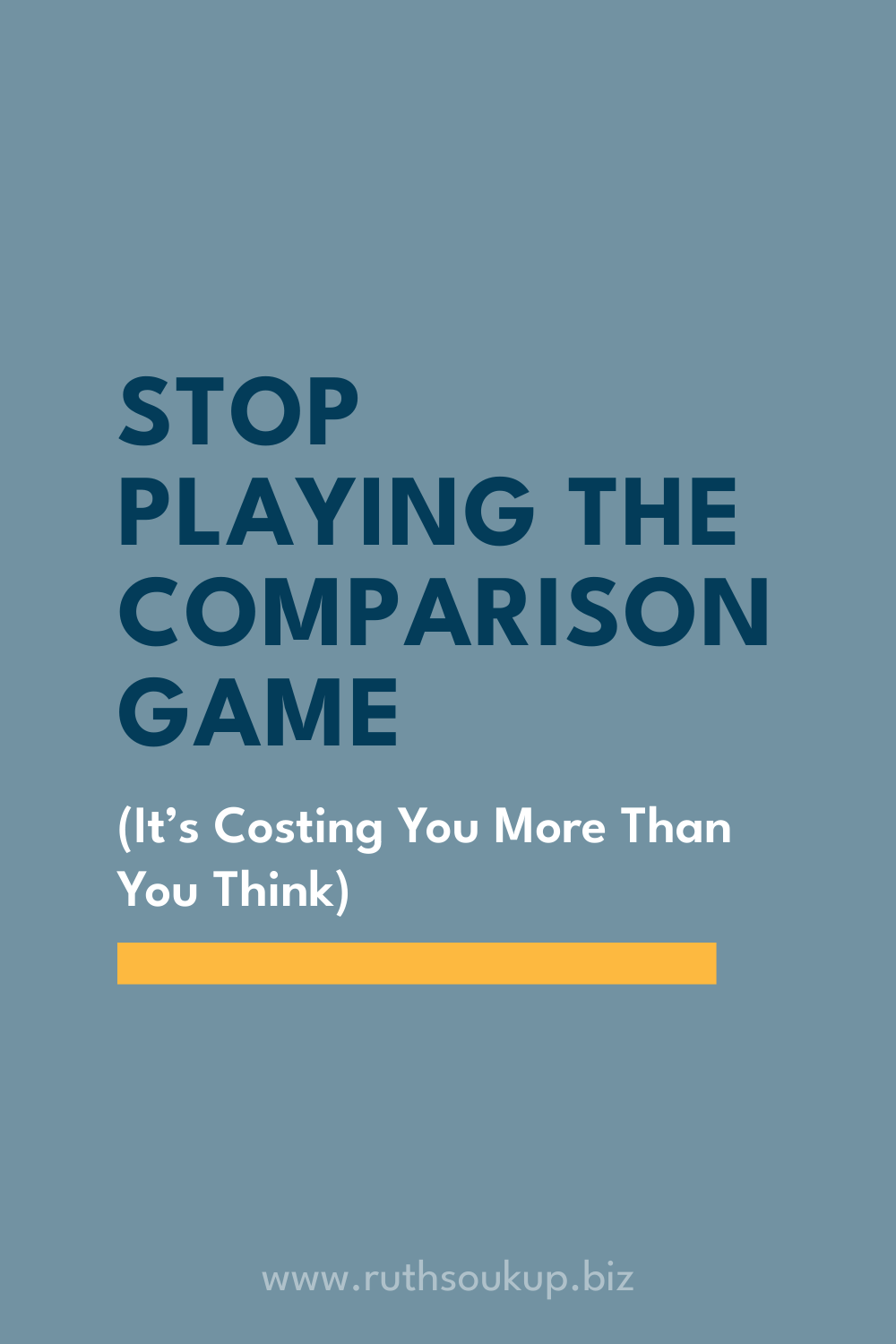

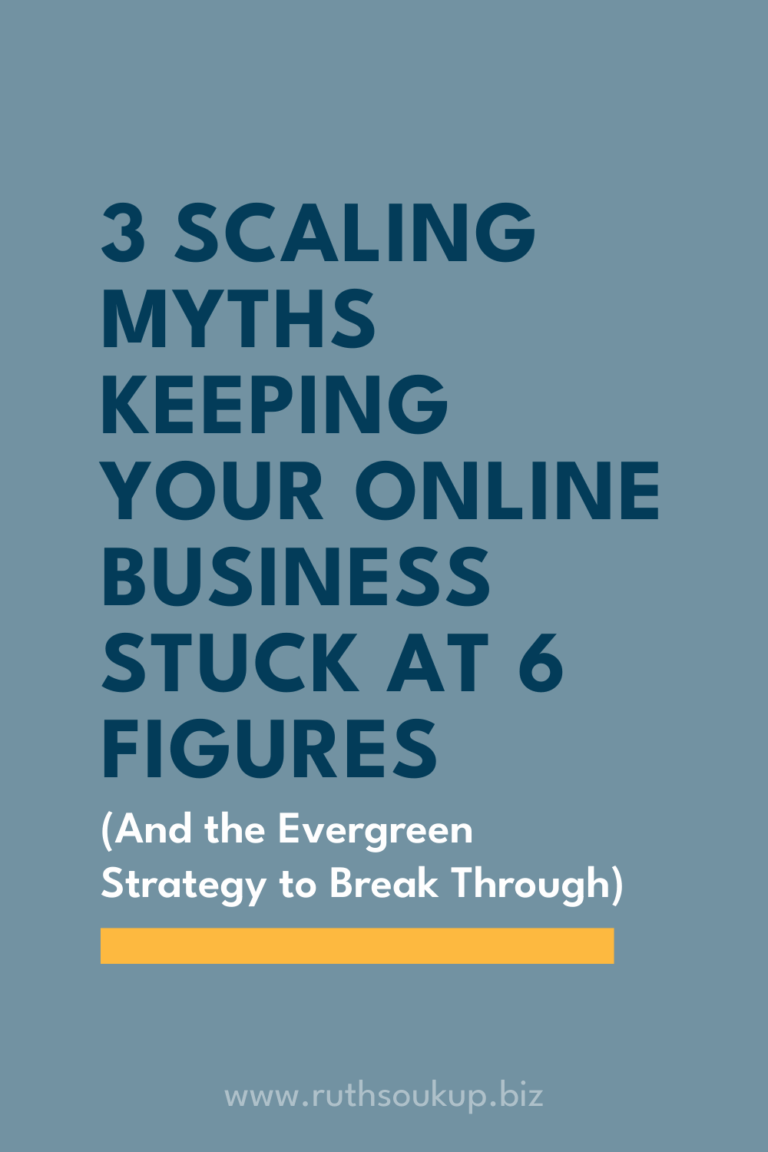
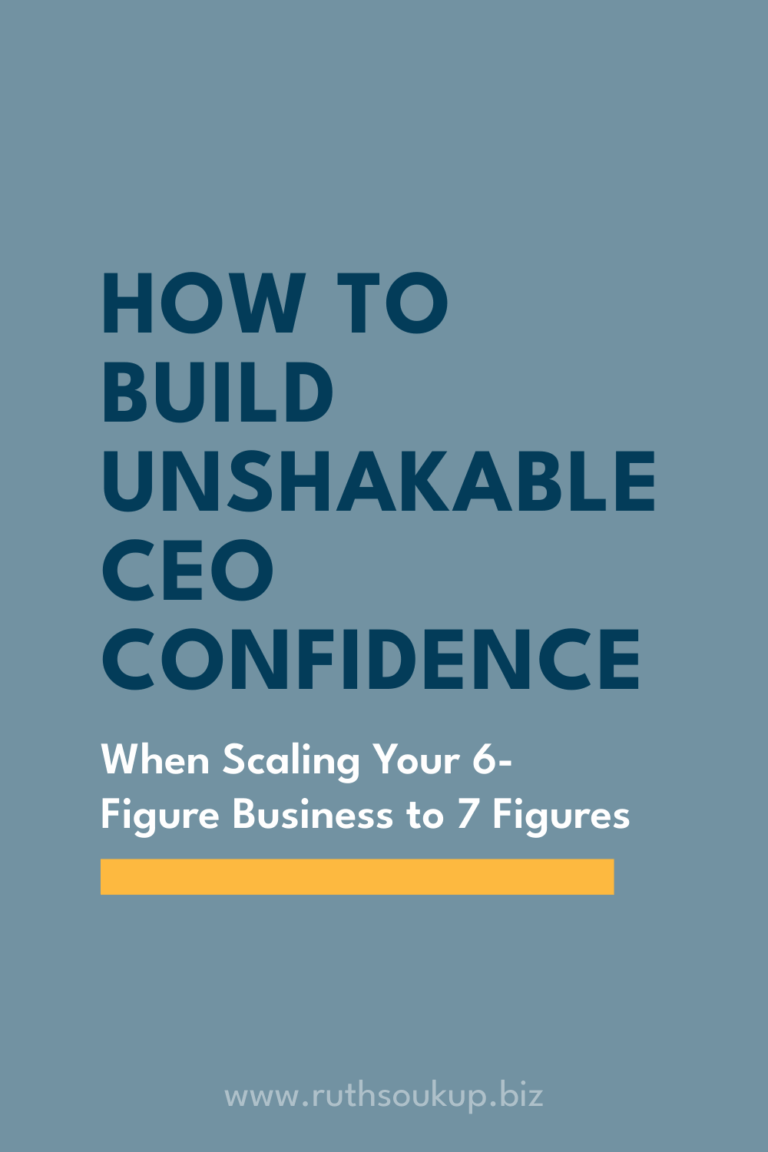

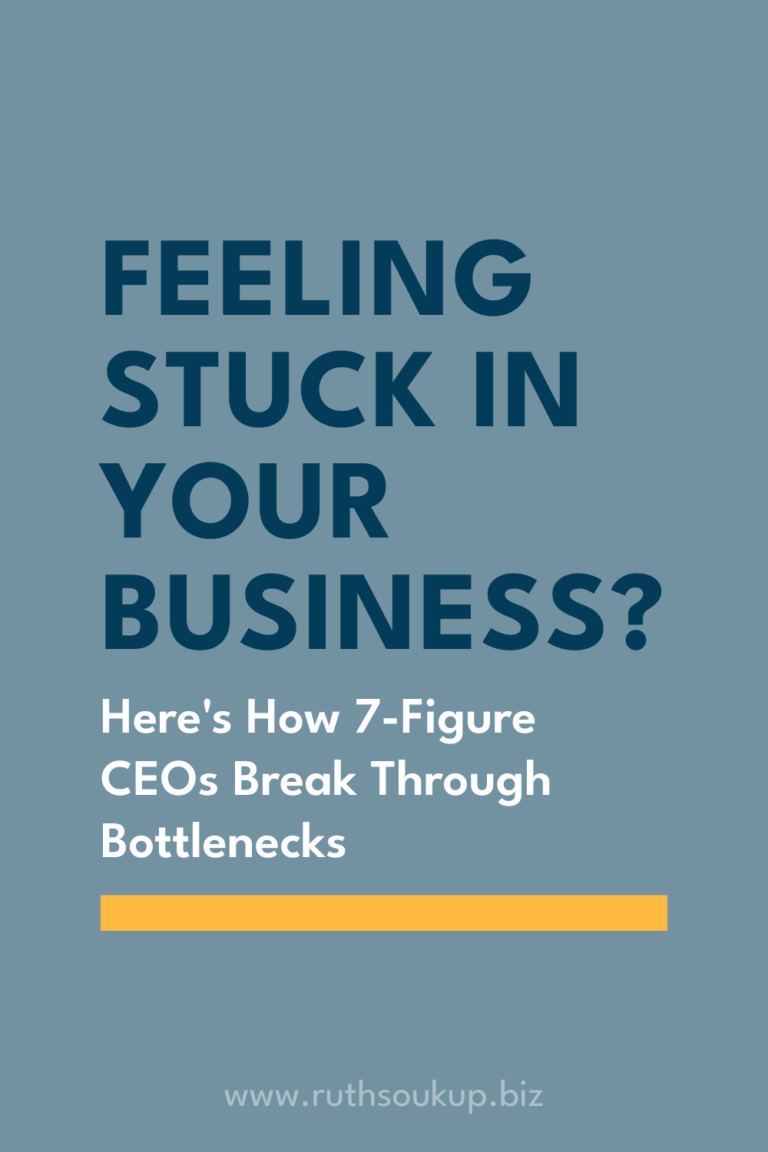
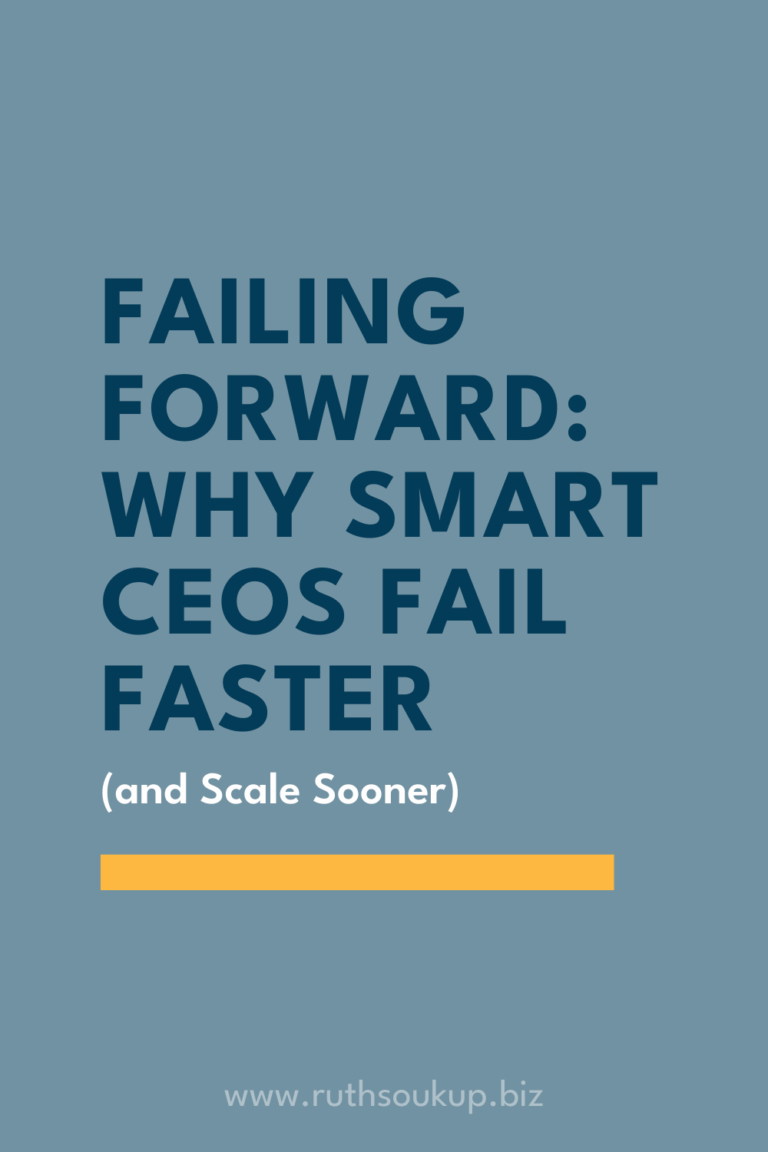
Reading this post is divine ,as I’m trying to write my first ever post . I got emotional when you say this world needs you and your platform.
Thank you.
Oh I love the love list! What a great idea.
In the two years I’ve been blogging there is so much to put on there
– the people I have helped (especially the ones who email me. I love that!)
– the connections I have built with bloggers all over the world
-the skills I have learned
– the constant learning which means I am never, ever bored
I certainly have found it hard to avoid feeling like a failure at times when comparing myself to other bloggers. But if I went into specifics on the list above, I can bet it would be long.
Thanks so much!
Thank you for this. I’m very new to blogging so every new followers still feels wonderful but I can see getting to the point where I could start wondering why they have stopped or why so-and-so has this many and I only have this many. I think I’d better print this post out and stick it to my forehead (or some other convenient spot in my office).